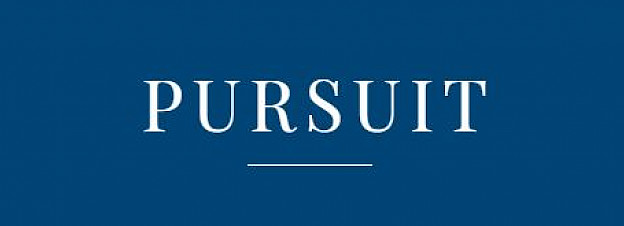
Events
Performing Arts at the University of Melbourne
Featured events
Human rights, domestic violence and the family law system: The continuance of the public/private divide
2024 Miegunyah Distinguished Visiting Fellow Lecture
Human Rights, Domestic Violence and the Family Law System: the Continuance of the Public/Private Divide
Please join us for pre-lecture canapes and refreshments from 5pm prior to the lecture commencement at 6pm.
Janet Zignon has argued that the constant utilisation of human rights language results in a maintenance of the ‘truth’ of the global morality of human rights. In doing so, she notes the necessity of the state in constantly declaring the centrality of human rights which in turn provides human rights with actual and practical effect in the world. This analysis is particularly illuminating when applied to the relative success of the women’s human rights movement, in challenging the ‘public/private divide.’
However, the ‘truth’ of human rights within the nexus of family law, gender and domestic abuse has yet to materialise. The response of family justice systems towards victims of domestic abuse across the world epitomises a lack of understanding of the dynamics of domestic abuse and the utilisation of family law proceedings by perpetrators to continue abuse. Most stark is the lack of reference to human rights law. The private arena of family law has remained largely untroubled by advances in understanding concerning domestic abuse and the applicability of due diligence standards and positive obligations in this regard. This lecture will provide a detailed overview of these issues and an analysis of the relevance of international human rights law.
Climate change on trial: Mobilising human rights litigation to accelerate climate action
This talk is based on a forthcoming book that tells the twenty-year socio-legal story of human rights-based climate (HRC) litigation. Based on an original database of the totality of HRC lawsuits around the world as well as interviews with leading actors and participant observation in the field, it explains the rise and global diffusion of HRC litigation as a form of climate governance. The book combines insights from global governance, international law, climate policy, human rights, and legal mobilization theory in order to offer a sociolegal account of the actors, strategies, and norms that have emerged at the intersection of human rights and climate governance. By proposing a broad understanding of the impacts of legal mobilization that includes direct and indirect, material and symbolic effects, it documents the contributions and shortcomings of human rights litigation in addressing the climate emergency.
This event is co-hosted by Melbourne Climate Futures, the Institute for International Law and the Humanities, the Melbourne Law School Human Rights Program and the Melbourne Centre for Law and the Environment.



